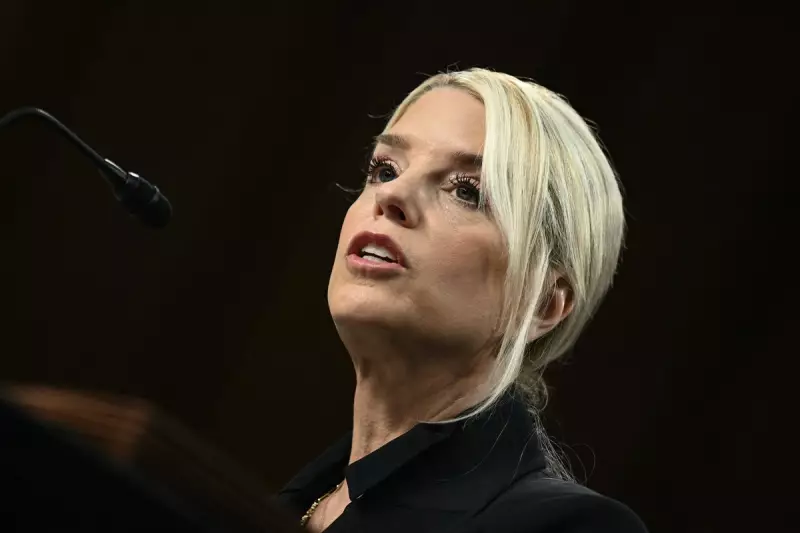
In a dramatic Capitol Hill confrontation, former Florida Attorney General Pam Bondi found herself in the hot seat during a Senate hearing that exposed troubling details about her post-government lobbying activities.
The Ethics Committee Showdown
Democratic Senator Richard Blumenthal led the charge, presenting compelling evidence that Bondi failed to properly disclose substantial payments from a foreign entity while lobbying for the Trump administration. The hearing revealed that Bondi received approximately $25,000 from the government of Qatar for consulting work related to the 2020 Republican National Convention.
Undisclosed Foreign Payments
During the tense exchange, Blumenthal confronted Bondi with documentation showing she had received these foreign payments while simultaneously lobbying Trump administration officials. This represents a potential violation of federal lobbying disclosure laws that require transparency about foreign clients and payments.
Bondi's defence centred around her claim that she believed the payments came from a private Qatari company rather than the government itself. However, senators from both parties expressed scepticism about this explanation, noting the clear connections between the payment source and Qatari leadership.
Pattern of Controversial Behaviour
This isn't the first time Bondi has faced ethical scrutiny. The hearing also revisited her controversial decision as Florida Attorney General to drop an investigation into Trump University after receiving a $25,000 donation from Donald Trump's foundation for her political campaign.
Current regulations explicitly prohibit former senior government officials from lobbying their former agencies for one year after leaving office. The Senate investigation suggests Bondi may have violated these cooling-off period requirements through her extensive lobbying activities targeting the very administration she had helped transition into power.
Broader Implications for Government Ethics
This case highlights ongoing concerns about the revolving door between government service and lucrative lobbying positions. Ethics watchdogs argue that such practices undermine public trust and create potential conflicts of interest that can influence policy decisions.
The Senate hearing represents a significant moment in ongoing efforts to enforce stronger ethics rules for former government officials. With bipartisan concern growing about foreign influence in American politics, the outcome of this investigation could shape future lobbying regulations and enforcement actions.






